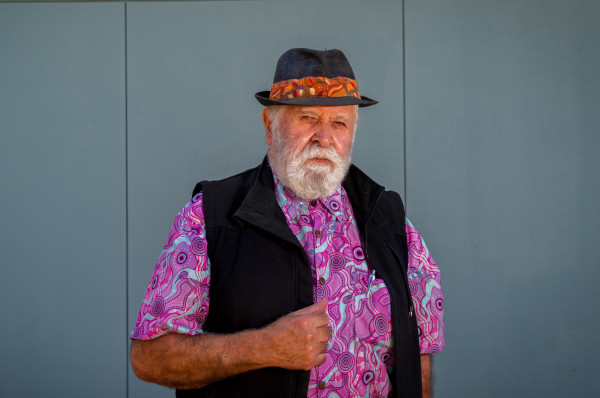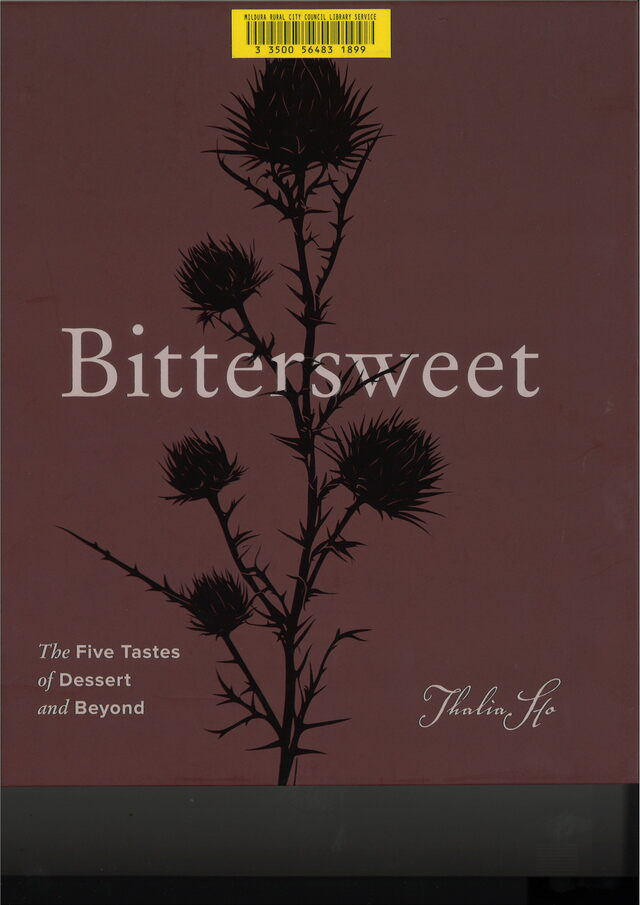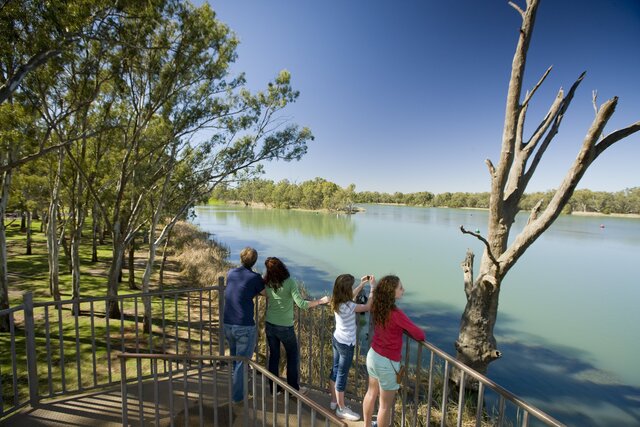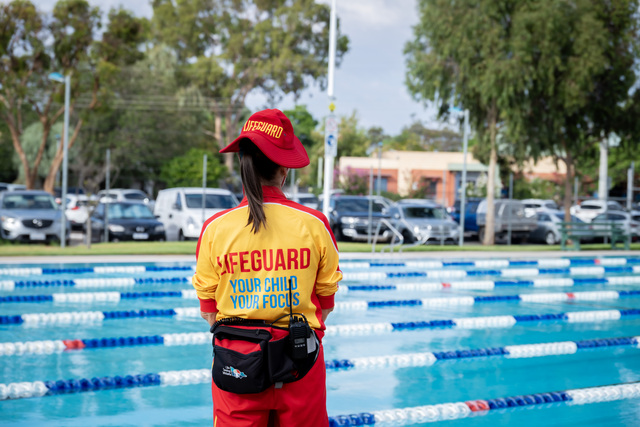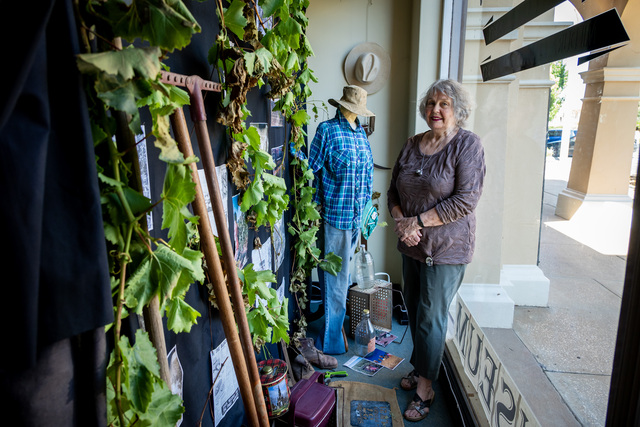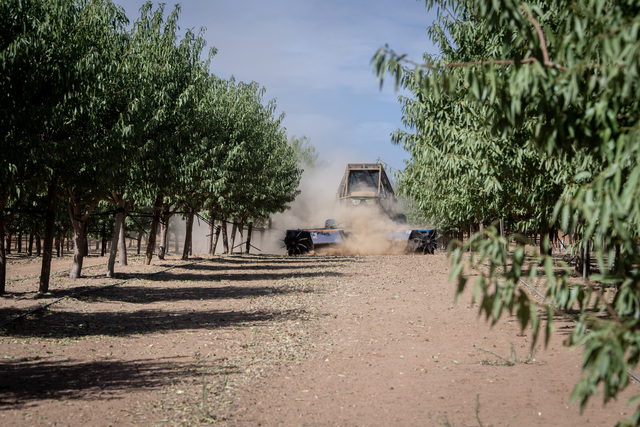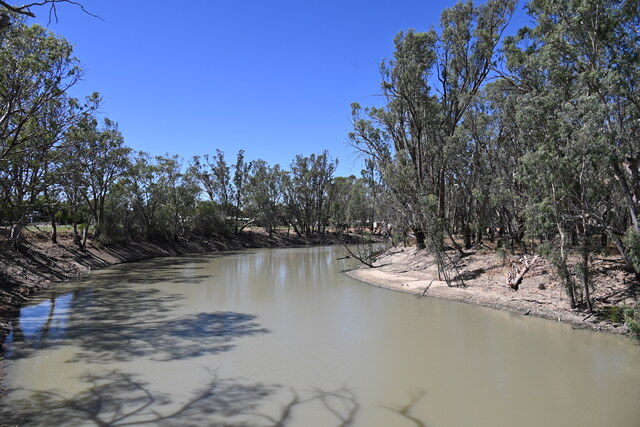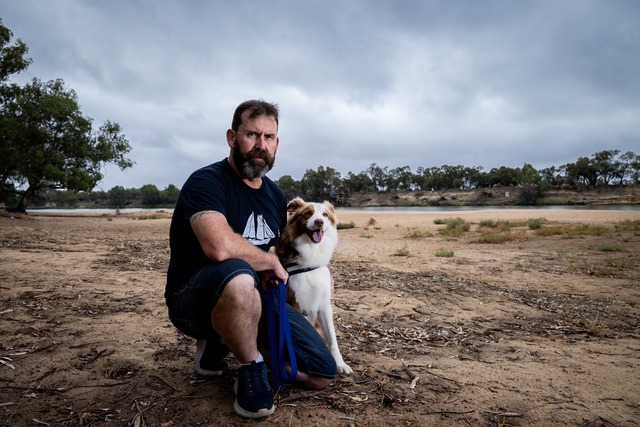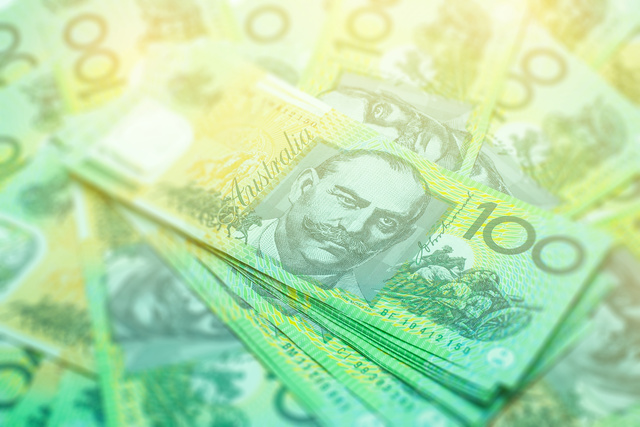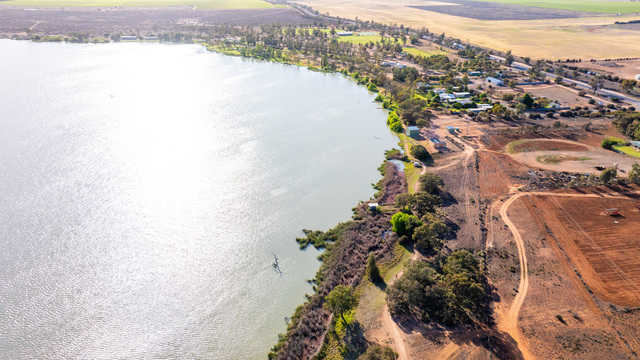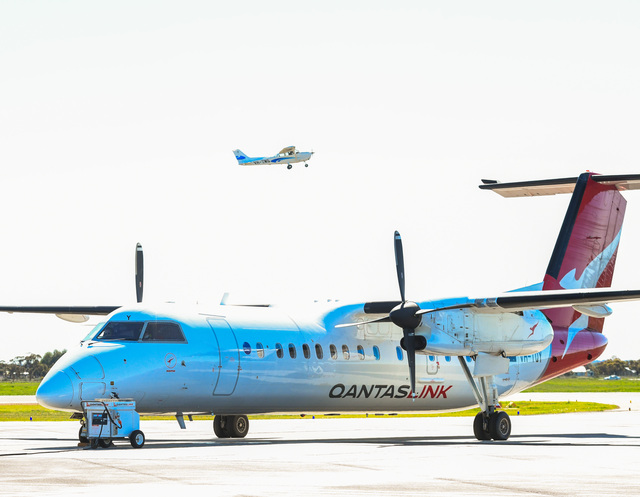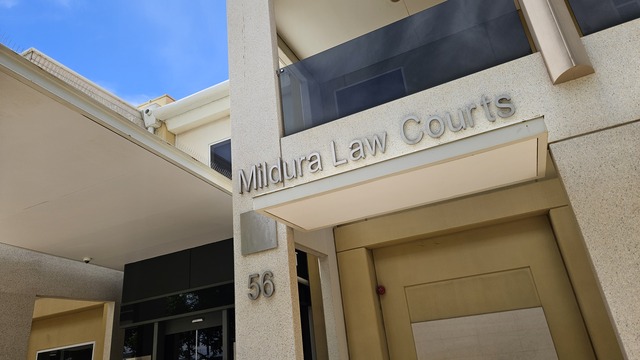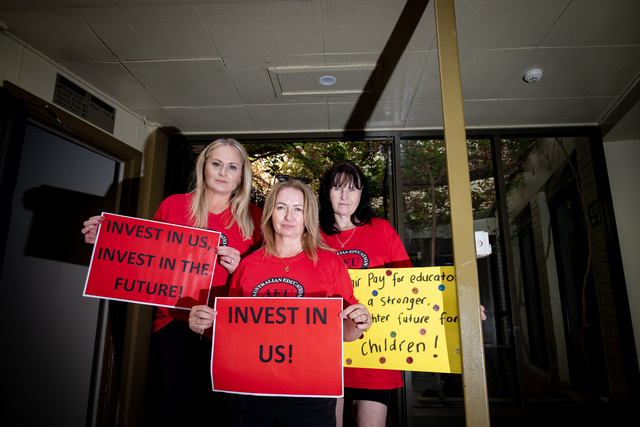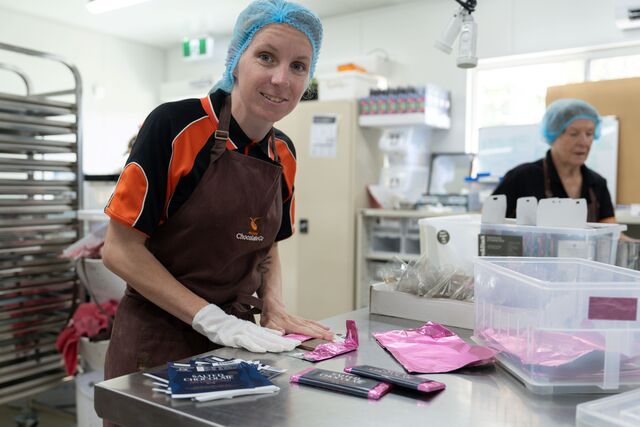A MIX of Barkindji elders and Indigenous community leaders have committed to voting “yes” on the Voice to Parliament in the upcoming referendum.
They include Aunty Ada Peterson, Uncle Brian Hunt, Beltana Thomas and Ebony Lawson.
Each has a different reason for voting Yes, but all agree that the proposal should be supported.
Aunty Peterson said she was initially on the fence, after taking in the arguments of politicians Jacinta Nampijinpa Price, Warren Mundine and Lidia Thorpe.
“I think there needs to be a voice in parliament for Aboriginal people, but that voice needs to be the right person sitting in there, to speak for everybody, not for themselves,” Ms Peterson said.
She said having a voice to parliament is a good idea, but only if it is done correctly.
“The biggest issue I find is that they (the government) don’t actually come out to community, we always have to go to them, so I’d love to see them change their way of thinking when they’re connecting with community,” she said.
“If Australia says no, then those forces that are there at present in that space need to go back and think about what did they do wrong, or how they need to make a change within the community to have everybody’s voice on board and make it more inclusive.”
Uncle Brian Hunt said having a First Nations voice to Parliament enshrined in the Constitution is important for representation.
“Hopefully some good will come out of it,” Mr Hunt said
“The intent of the Voice is that we can all live in harmony, so I support it.”
Barkindji woman Beltana Thomas will also vote “yes”, on the grounds that it presents an opportunity to benefit future generations, including her children Lakiesha, Lucinda and Junior.
“The main thing is for everyone to have that understanding of both sides so we can all move forward,” Ms Thomas said.
“I think for the future it’s very important to hear our voices for the younger ones, because at this point they’re going to be our future.”
Barkindji woman Ebony Lawson said she supports the Voice, and that First Nations people should have more of a say on things like education, care settings, land discussions, and what goes on in the community.
“Having something there for the kids like culture, tradition and (being) able to practice our culture and tradition,” Ms Lawson said.
“If it’s going to give us rights for our people, then I’m all for it.”
Aunty Peterson said the Barkindji community wasn’t consulted during the formation of the Uluru Statement from the Heart, on which the Aboriginal and Torres Strait Islander Voice proposal is based.
“They didn’t actually have that conversation with every single community, they only took so many voices, but not all voices for Aboriginal people and Torres Strait Islander people,” Ms Peterson said.
She said she still supports the “yes” campaign for the merits it provides, and is frustrated that it’s being used as a political football.
“This community hasn’t been a part of what’s happening in that space, so they’re not really keen to hear what’s going on (with the Voice) either,” Ms Peterson said.
“But you’ll find some community members in community still would like to have their voice heard in regards to this issue.”
The referendum will take place on a Saturday after September this year.

